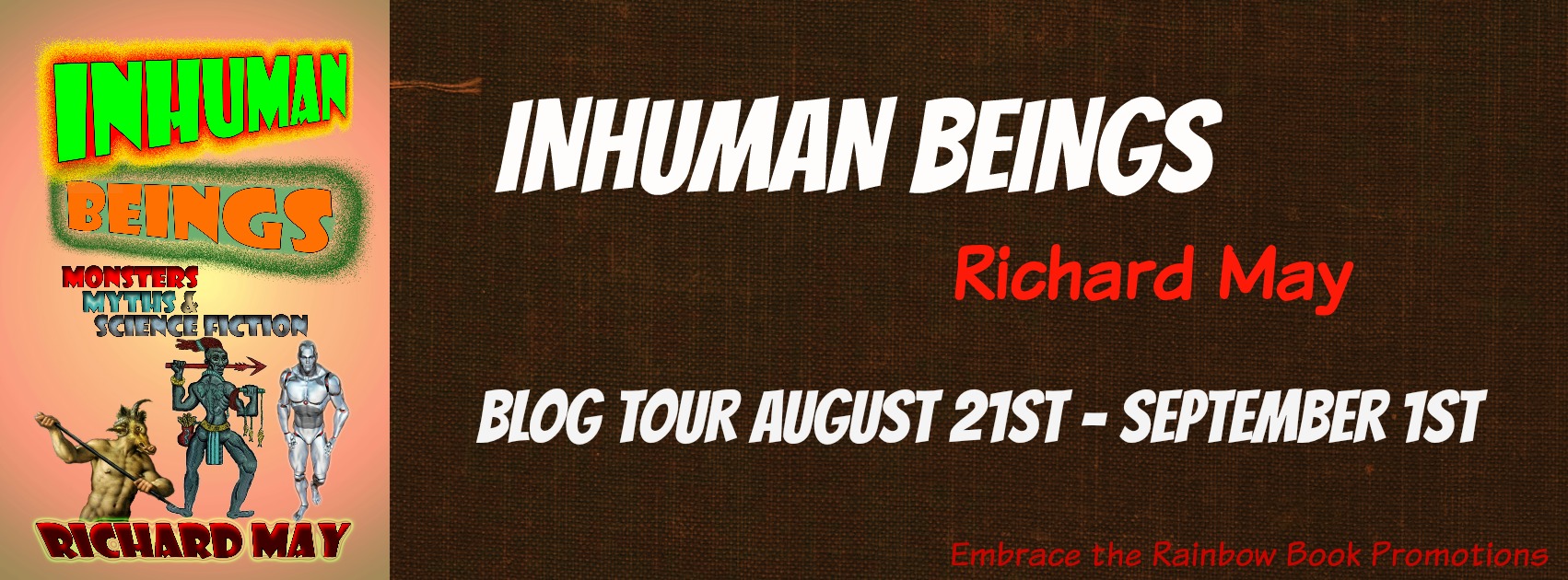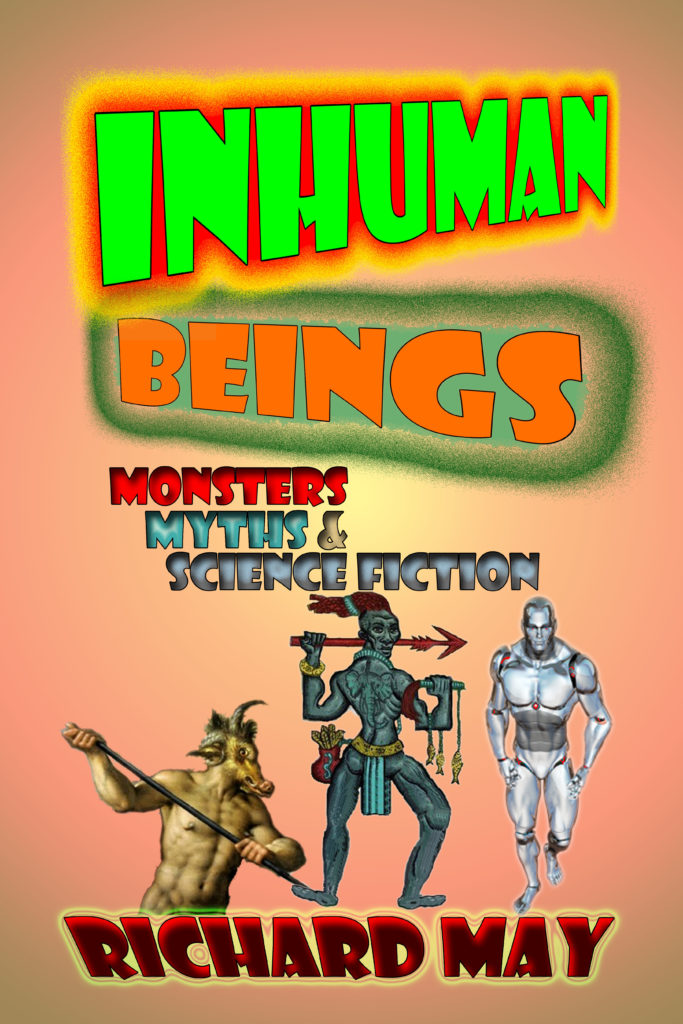The How of Writing
Pop quiz! What question is most frequently asked in the question-and-answer period at book readings and other literary events? I curate two reading series, organize an annual literary festival, set up readings for authors on book tours, attend many readings for fun, and read my own work publicly. “What is your process?” definitely tops the list.
This shouldn’t be surprising. Much of the audience at readings is writers and would-be writers. Of course they are interested in process. Wouldn’t anyone love to know the perfect how of writing so they could write, say, 5000 or more perfect words a day or cut editing time in half (if not quarter)? I would, even though I do think I have found the process that works for me.
Early in my life, my process was chaos. I wrote whenever I could, which wasn’t often or for very long, given how busy and interesting my life was. During high school and college, there were classes, clubs, athletics, sleepovers, all-night drinking parties—that sort of thing. In New York in my 20s and 30s, there were lunches, drinks after work, dinners with friends; political meetings, committee meetings, and meeting meetings to attend; art openings; weekends at the beach; trips to Philadelphia and Boston, to upstate and New England; bars; and, yes, work. I never thought of myself as a writer. I was just someone who had an uncontrollable urge to write stories—a chronic but controllable condition.
Before I moved to San Francisco, I made many good resolutions. I was starting over, after all. One was to write every day in the same place at the same time. I had read somewhere that good writers did this. Of course, I had also read much more frequently that great writers wrote under the influence of alcohol, drugs, and other stimulants. I never expected to be a great writer so I decided to aim for good.
I still had a day job so I got up an hour early (5:30 a.m), which at the beginning was dreadful—the last thing I wanted to do—but the reward was a few hundred words on the page and the blissful feeling I was doing something with my life.
When I started my own company, however, it became difficult to get up an hour early because I was usually already up, working on projects for my customers and employees to enhance sales and keep me in business. So, during those years, chaos became my process again. Fortunately for my inner peace, I still didn’t consider myself a writer. Writers published things. I just wrote for the pleasure of it and because the stories and book ideas would not leave me alone.
Once I was done with day jobs forever, I went back to daily writing at the same place at the same time. I decided daily would mean Monday through Friday because, during the chaos process years, I would write any time I had a chance, including weekends, sometimes all weekend, and I missed out on too much of the rest of my life: the lunches, drinks, dinners, art exhibits, bars, etc.–all the optional activities which make life interesting and fun—and probably give us something to write about.
I chose to write in the morning, 9 a.m. to 12 noon, because that’s when I’m most alert and connected to the universe. (In writing it’s very important to be connected to the universe.)
The same place was easy. I have long had a desk at home to work on—not a real desk actually–a tall butcher block table with plenty of room for my tall office chair and me to slide around. Here’s an aspect of process people never ask about or tell you: choose the right furniture. It’s part of my larger advice to you: remove all obstacles to writing. Make sure you have plenty of your favorite pens and paper if you’re still writing by hand and a fantastic laptop (your writing is worth the money). Buy the right desk/table/whatever to place the pens and paper or laptop on. Get a comfortable chair that is easy on your butt and back. Have plenty of coffee beans or tea bags. Consider buying a chamber pot.
Here’s another thing people only infrequently discuss regarding process: editing. You are not a writer unless you edit. That I know all too well. I edit three or four times as many weeks or months as I write. The first edit is to make the piece at least comprehensible because the second edit is to read the piece to someone. Writing groups are excellent for second edits. Also, literate spouses or boy/girlfriends. Then, I take the writing group/spouse/boy-girlfriend comments to heart (or not. After all, you are the Supreme Court of your writing) and try to fix the failures they/he/she have brought up. Then, I edit over and over for clarity, adding and subtracting as I go. Then, I read the story out loud for false notes. Very important. You’ll hear the wrong word or phrase much more often than you will read it. Then, I polish, polish, polish. I don’t set stories aside. Bad stories don’t get better with age. And at every stage, I fact check. Did the color aubergine exist in 1722?
Process is important because it’s how you write. And perhaps where and when. So, ask every published author you encounter what their process is. We understand we’re a resource. And then try out possible process until you find what works for you. After that you’ll be ready to handle your own question-and-answer periods.
Title: Inhuman Beings
Author: Richard May
Release Date: June 15th 2017
Genre: Gay Fiction, Fantasy, Paranormal, Sci-Fi, Erotic
BLURB
Fall in love with a shapeshifter in San Francisco, a ghost in Scotland, or a vampire in Russia. Time travel to 1920s Mesopotamia, 1600’s Africa, or to ancient Greece before time even existed. Find yourself on a distant planet, in love with a creature whose very being can destroy you, or in a post-apocalyptic world, drawn to a mutation created by the destruction of Earth.
Enjoy these 18 erotic stories about romantic encounters between men and not men–monsters and myths, gods and demons, science fiction and fantasy. Each story is the stuff of nightmares–and of dreams.
Add Inhuman Beings to Goodreads
Paperback Purchase: Amazon US | Amazon UK *The paperback version has 3 new stories*
Ebook Purchase: Amazon US | Amazon UK | MLR Press
Clocks told me it was after midnight, the new last day for the Daberleys at Enscombe. I climbed the central staircase, thinking of all the feet which had trod before me.
My father’s bedroom felt freezing so in quick order I stripped, not bothering to hang my clothes, and slid under the heavy blankets. Sleep came quickly but I was awakened soon after, or so it seemed, by the sound of footsteps in the hall outside my room. I was groggy and pulling myself into sitting when the bedroom door opened and the shadow of a tall man stood in the doorframe.
“Aren’t you afraid?” he asked in Stephen Taylor’s voice.
“No,” I lied, jumping out of bed and turning on the lamp, only belatedly covering myself with underwear tossed aside.
“But I do want to know what you’re doing in my house in the middle of the night.”
“I come here often,” was all he said as he entered the room and closed the door. I made ready for him as he came across the carpet but he just sat, slumping in the armchair.
“He killed me, you know.”
Giveaway: Comment on this post for a chance to win a copy of Inhuman Beings

Richard May’s short fiction has been published in his collections Inhuman Beings and Ginger Snaps: Photos & Stories (with photographer David Sweet), his series Gay All Year on Amazon Kindle, in anthologies like Never Too Late, Best Gay Erotica, and the Lambda Literary nominated Outer Voices Inner Lives, and in literary journals, including Bay Laurel, Chelsea Station, and Hyacinth Noir.
Rick also organizes the monthly Perfectly Queer book reading series with his partner Wayne Goodman in Oakland CA at Nomadic Press: Uptown and in San Francisco at Dog Eared Books Castro, individual LGBTQ Pride Readings for visiting authors, the annual literary festival Word Week in Noe Valley CA, and an online book club Reading Queer Authors Lost to AIDS.
Rick is from Sacramento CA and Brooklyn NY and now lives in San Francisco. He has red hair and truly believes in all things ginger. Another genetic stunner: he is 19th cousin to Queen Elizabeth II of Great Britain.
Please follow him on social media at facebook.com/richardmaywriter, @rickmaywritr on Twitter, and richard.may1313 on Instagram.
Links: Facebook | Twitter | Instagram









Thank you for the interesting post in the process of writing… I understand it must be different for every single author, though there are also similar things. And congratulations on the release. It sounds great!
I would love to be able to write but alas it is not one of my talents. Thanks for the great post.
Thank you so much for particpating in the tour xxx